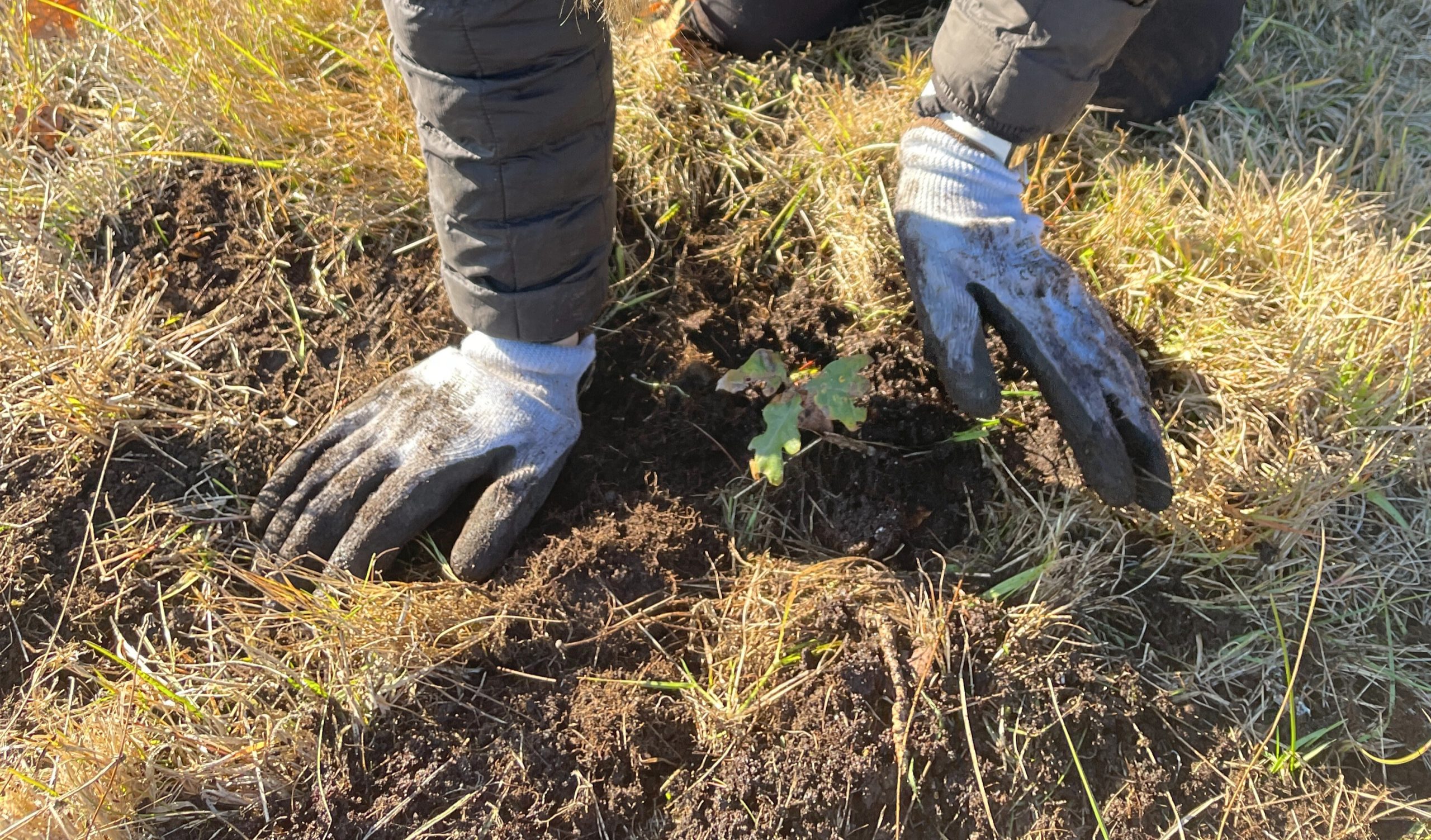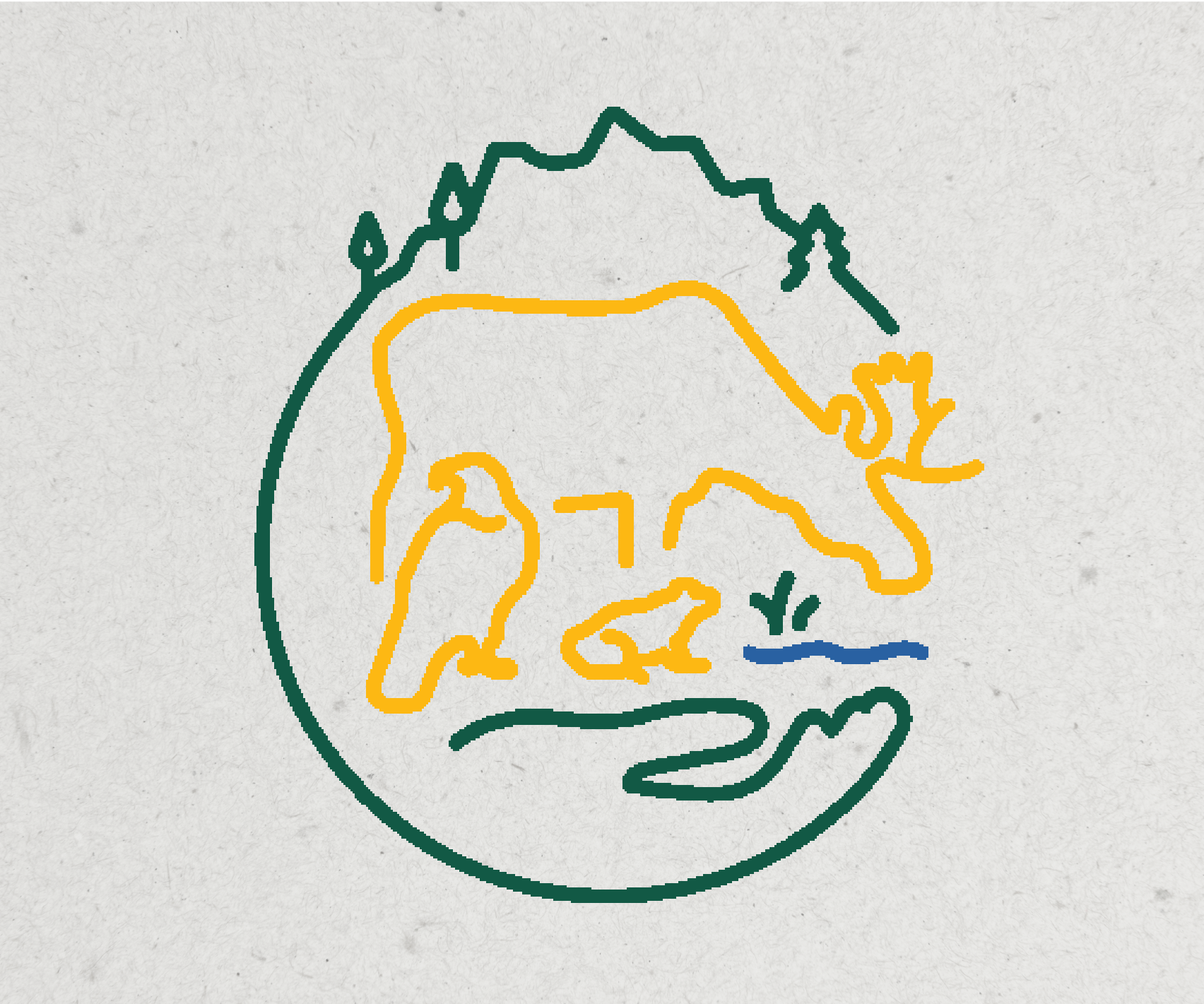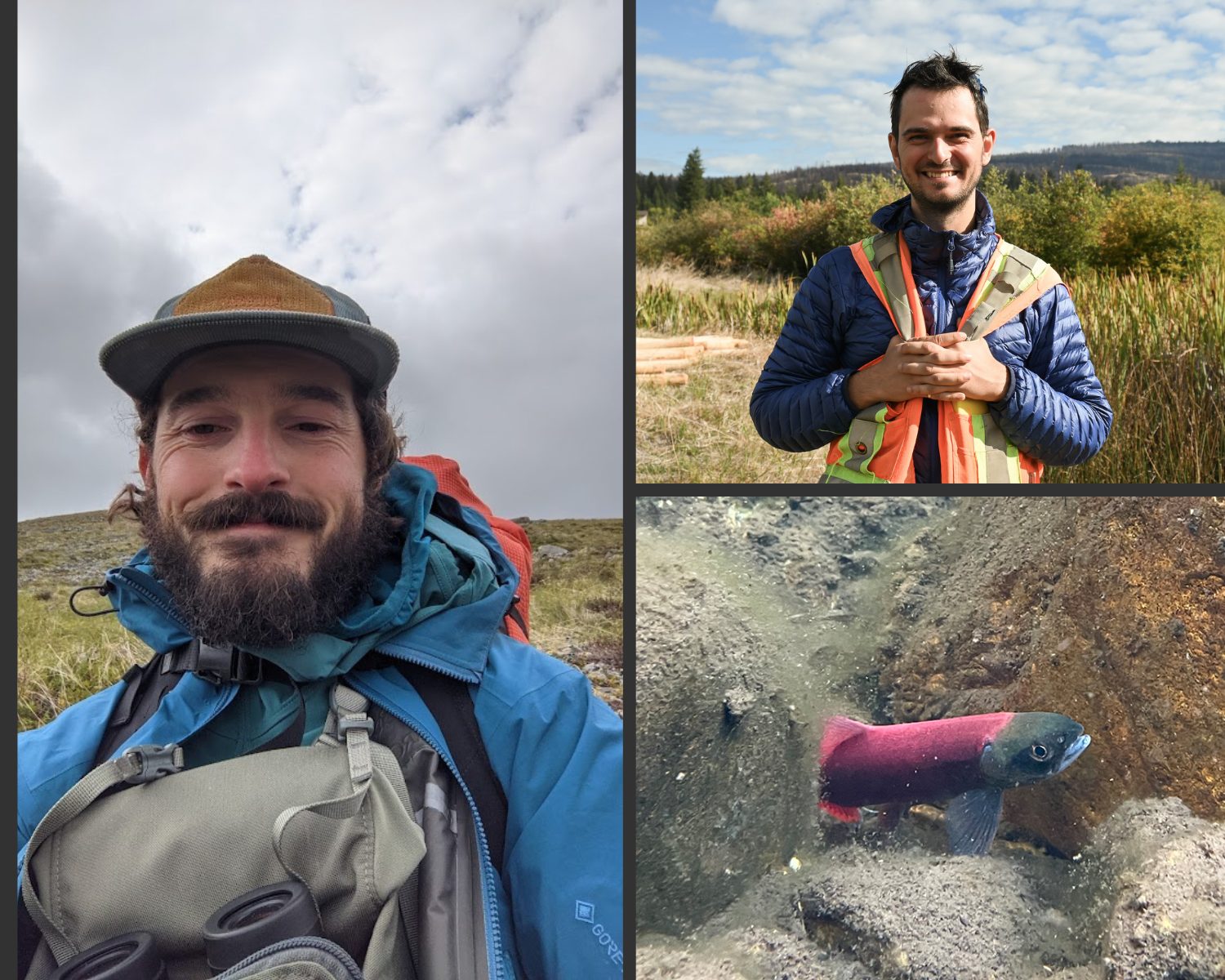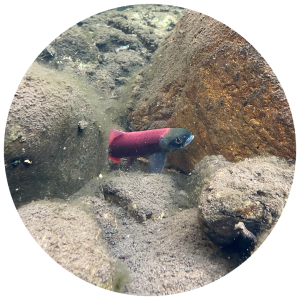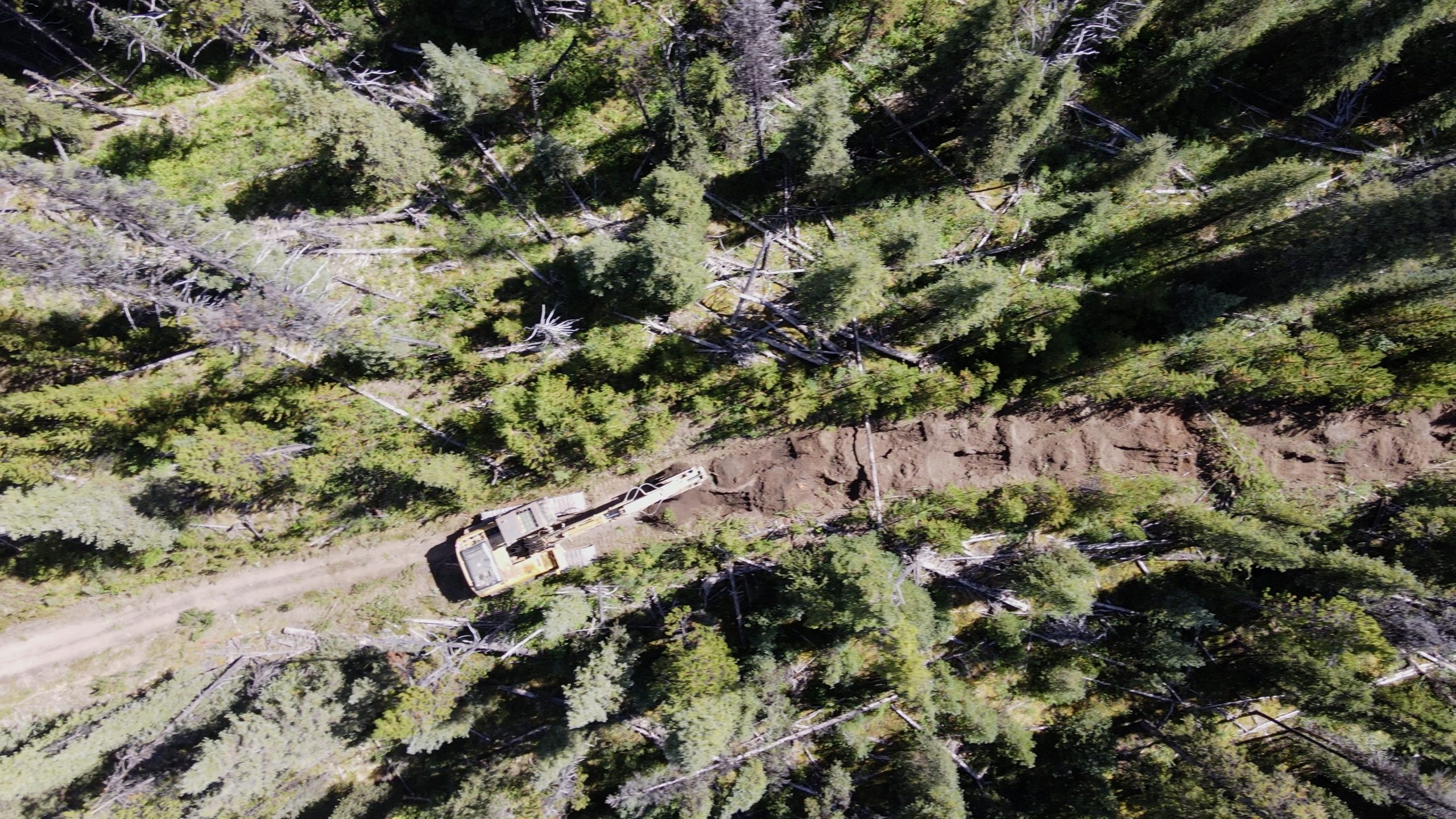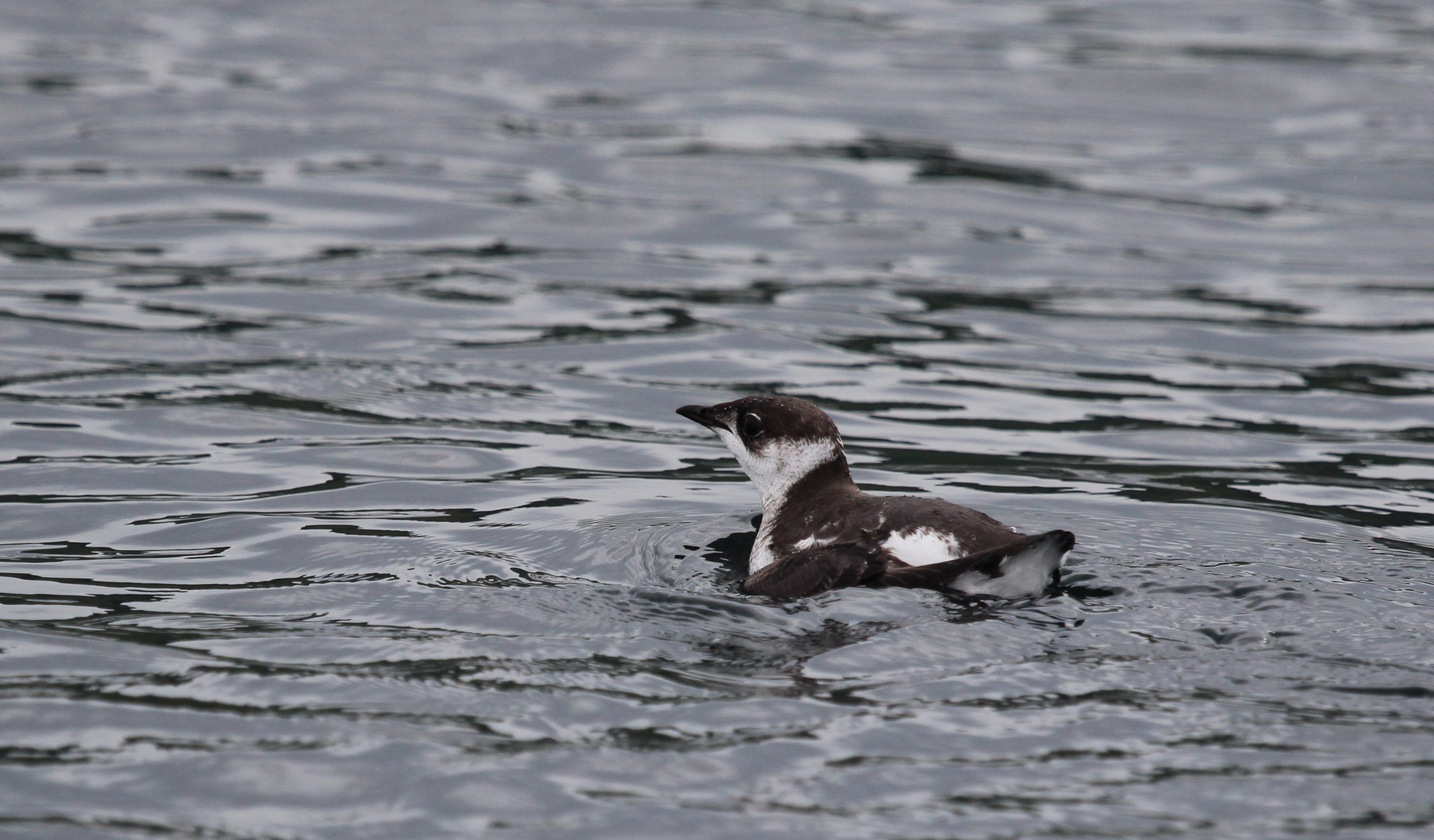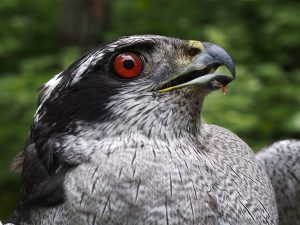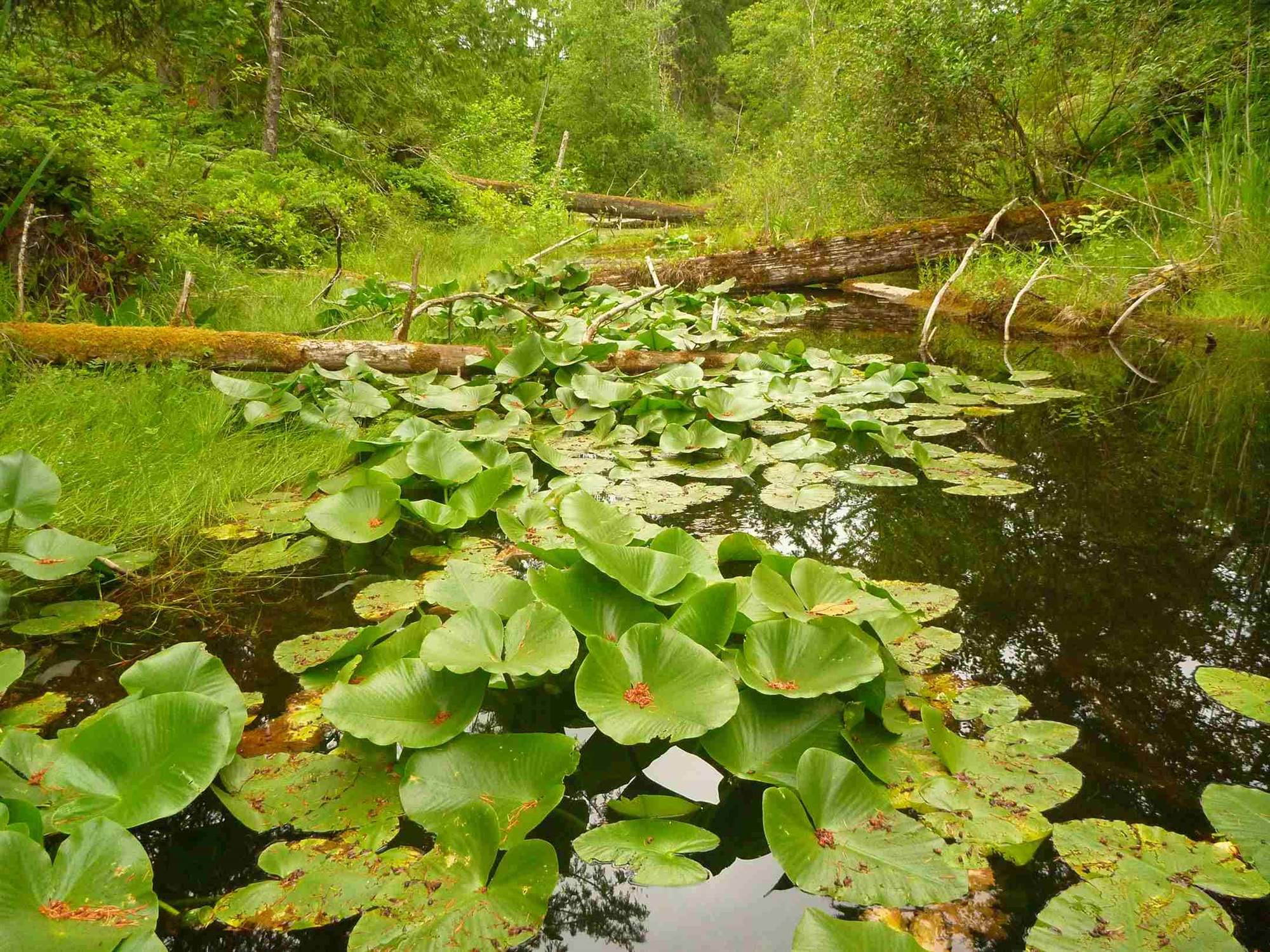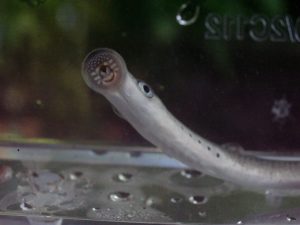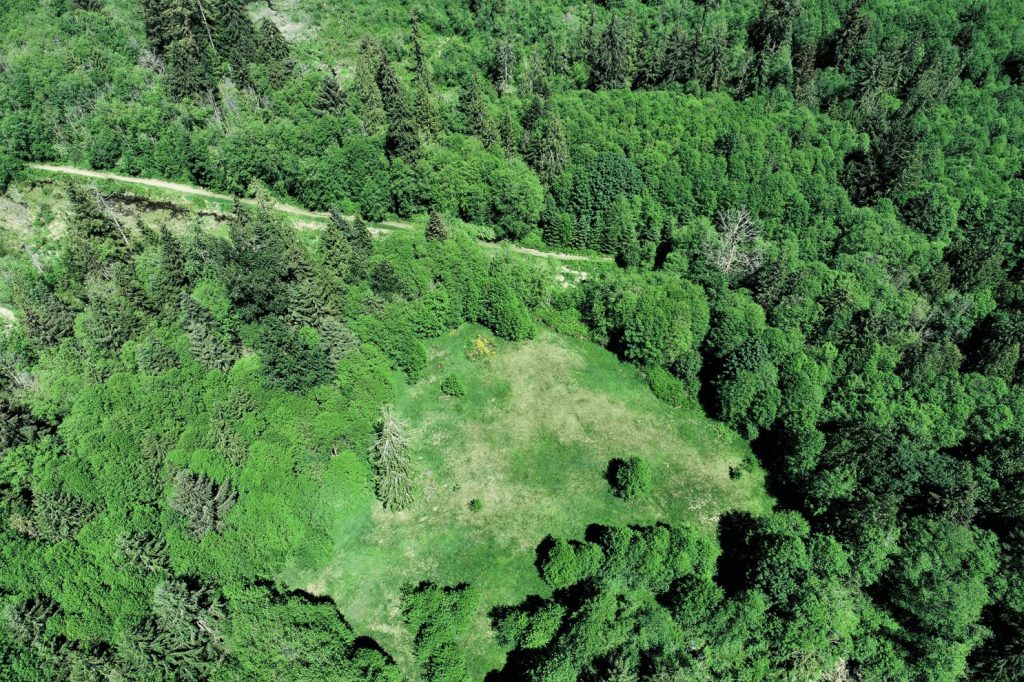Every year HCTF invests millions into fish and wildlife projects to advance conservation in BC. However, that’s not the only way our funds are having an impact.
In 2018, HCTF began a process to transition all the funds we had invested in financial markets into Responsible Investing portfolios. Responsible Investing is a practice to incorporate environmental, social and governance (ESG) factors into investment decisions.
HCTF currently has over $35 million invested in Responsible Investing portfolios. This includes a number of endowments, as well as funds from short- and medium-term programs where cash is not needed by proponents (project partners) in the current year. HCTF invests these funds in order to obtain a higher return than bank account interest, so more money can go to fish and wildlife projects.
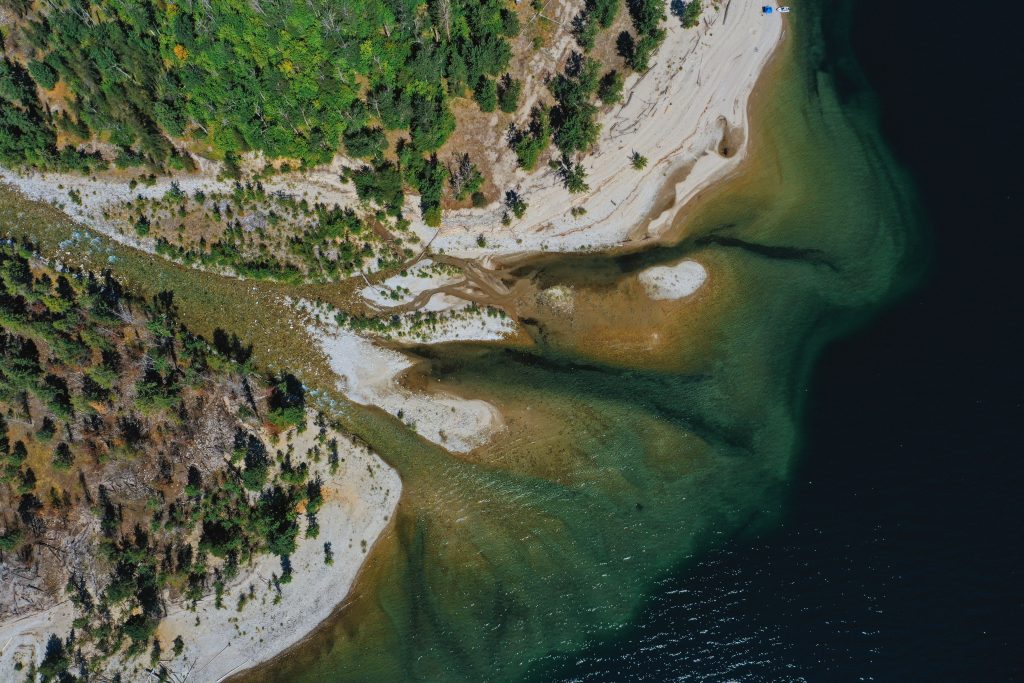
Photo by Amanda Irvine
While funds are invested, they are working to achieve several goals set out by HCTF; these include efforts to reduce carbon emissions and assist in the transition to a low carbon economy. Upon the initial transition to Responsible Investing, HCTF set a goal to achieve carbon intensity that was consistently lower than the benchmark, with a target of 70% below benchmark by the end of year 3. We are proud to report that we have achieved this goal and will continue to maintain or exceed this target. HCTF recognizes that climate change is one of the leading threats to fish, wildlife and their habitats in BC. Designing our financial portfolios to address this threat aligns with our efforts to mitigate climate change through the enhancement and restoration projects we approve each year.
HCTF also utilizes a number of screens to help us select which companies to invest in. We actively screen out companies that are having negative impacts on the environment or biodiversity. Beginning in 2023, another screen was added which factors in companies’ relationships with Indigenous communities; those companies that have known conflicts with Indigenous communities are screened out. HCTF is taking steps to advance reconciliation however we can, including integrating this value across our business decisions.
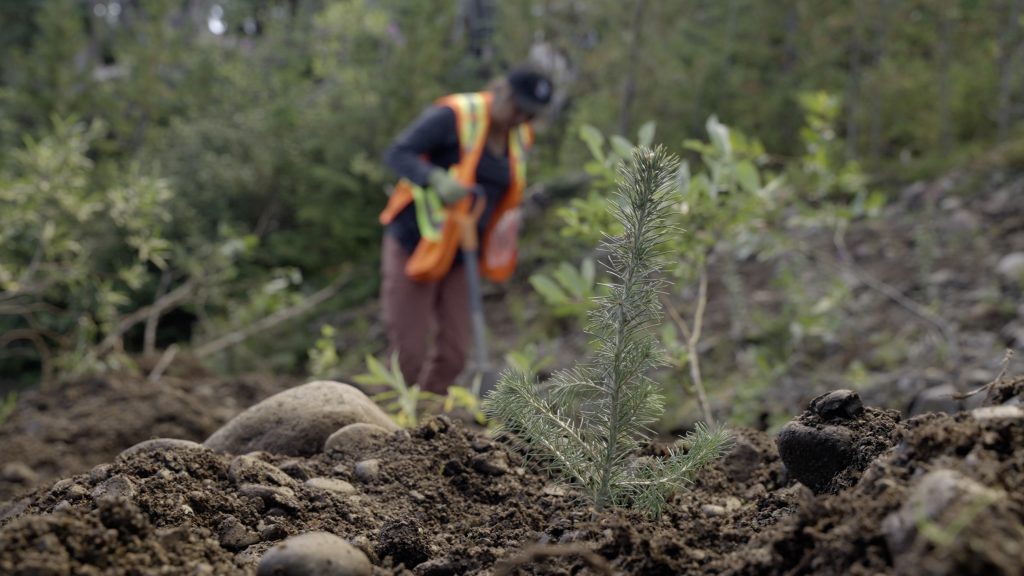
Photo by Chu Cho Environmental LLP
In addition to screening out companies which may be doing harm, we actively screen in companies who are having a positive impact. This is commonly referred to as Impact Investing. A minimum of 10% of our portfolios are classified as Impact investments, with a target of 20%.
We are doing all of this while still achieving financial returns that exceed benchmarks, ensuring there is sufficient income generated to fund our conservation programs. Through this strategy, funds that are invested in financial markets and funds invested in on-the-ground conservation work are both having a positive impact on fish, wildlife, and their habitats in BC.
For more details regarding HCTF Responsible Investment practices, visit our website at https://hctf.ca/about/responsible-investing-initiative/


